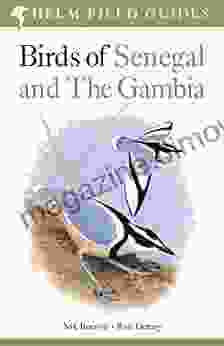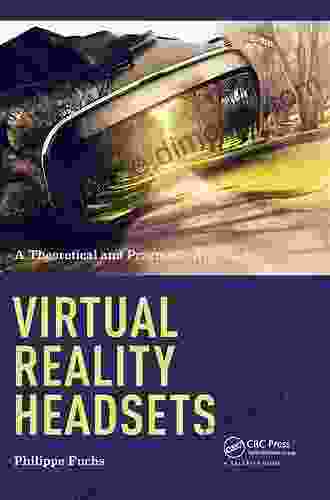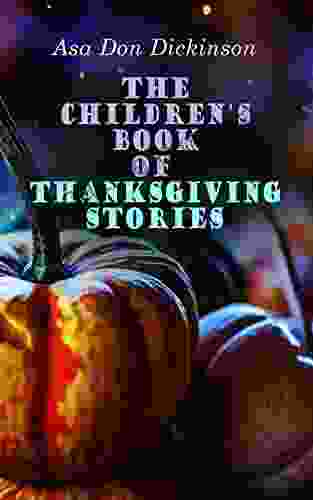Cognitive Aspects Of Computational Language Acquisition Theory And Applications

Language acquisition is a remarkable human capacity that has fascinated scholars for centuries. How do we learn to understand and produce language with such ease and fluency? Cognitive Aspects of Computational Language Acquisition Theory and Applications explores the intricate cognitive processes underlying language acquisition, drawing on cutting-edge theories and computational modeling to shed light on this complex phenomenon.
4.6 out of 5
| Language | : | English |
| File size | : | 6275 KB |
| Text-to-Speech | : | Enabled |
| Enhanced typesetting | : | Enabled |
| Print length | : | 338 pages |
| Screen Reader | : | Supported |
Cognitive Theories of Language Acquisition
The book begins by examining various cognitive theories of language acquisition. It explores the groundbreaking work of Noam Chomsky and the generative grammar framework, which posits that language is acquired through innate knowledge of a universal grammar. Other theories, such as connectionism and usage-based models, are also discussed, providing a comprehensive overview of the different approaches to understanding language acquisition.
Generative Grammar
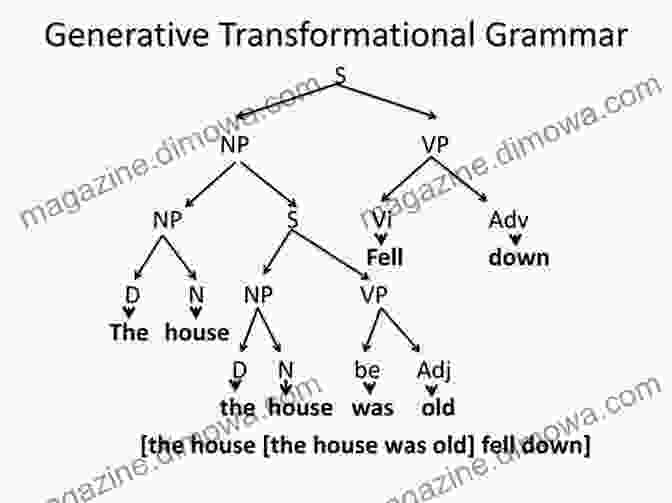
Generative grammar is a theory of language that posits that humans are born with an innate knowledge of the principles of grammar. This knowledge allows them to generate an infinite number of sentences in their native language, even if they have never heard them before.
Connectionism
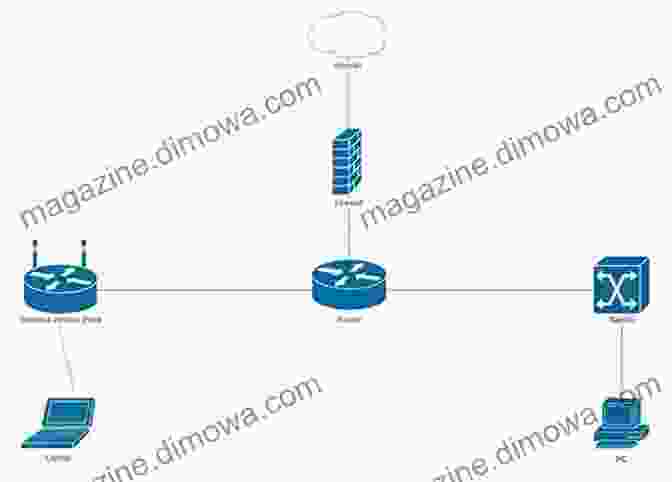
Connectionism is a theory of language that posits that language is acquired through the formation of connections between words and concepts in the brain. These connections are strengthened through repeated exposure to language, and they allow us to produce and understand language quickly and efficiently.
Usage-Based Models
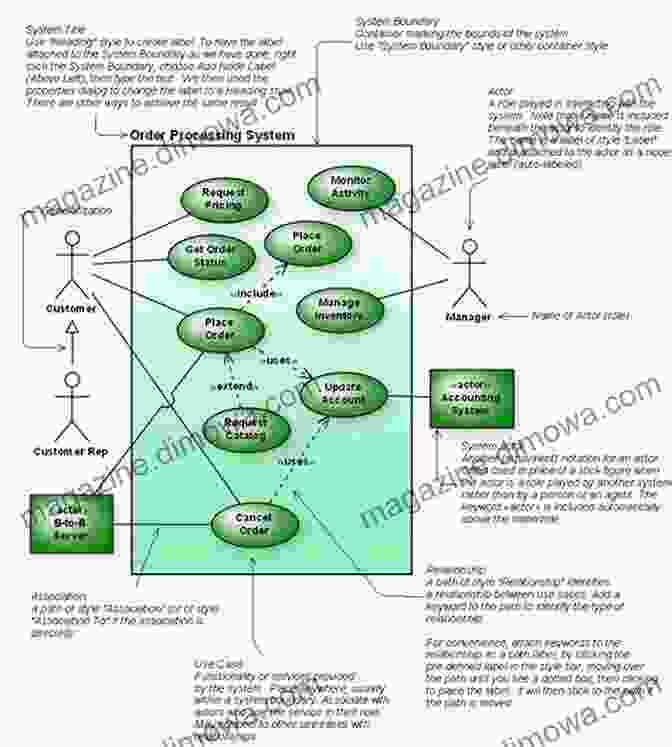
Usage-based models of language acquisition posit that language is acquired through the accumulation of experience with language. These models emphasize the role of frequency and usage in shaping language development, and they suggest that language is a dynamic system that is constantly being adapted and revised.
Applications of Computational Language Acquisition
The second half of the book examines the practical applications of computational language acquisition. It explores how computational models can be used to simulate language acquisition, develop language learning tools, and improve natural language processing systems.
Language Learning
Computational language acquisition models can be used to develop personalized language learning programs that adapt to the learner's individual needs. These programs can provide tailored exercises and feedback, helping learners to progress more quickly and effectively.
Natural Language Processing
Computational language acquisition models can also be used to improve natural language processing (NLP) systems. NLP systems are designed to understand and generate human language, and they can be used for a wide variety of applications, such as machine translation, text summarization, and question answering.
Cognitive Aspects of Computational Language Acquisition Theory and Applications is an essential resource for researchers, students, and practitioners in the fields of computational linguistics, psycholinguistics, and language acquisition. It provides a comprehensive overview of the cognitive theories and computational models that are used to understand how humans acquire language, and it explores the practical applications of this research in the fields of language learning and natural language processing.
Call to Action
Free Download your copy of Cognitive Aspects of Computational Language Acquisition Theory and Applications today and unlock the secrets of language acquisition. This groundbreaking work will provide you with a deep understanding of the cognitive processes underlying language acquisition, and it will empower you to develop new and innovative language learning tools and natural language processing systems.
4.6 out of 5
| Language | : | English |
| File size | : | 6275 KB |
| Text-to-Speech | : | Enabled |
| Enhanced typesetting | : | Enabled |
| Print length | : | 338 pages |
| Screen Reader | : | Supported |
Do you want to contribute by writing guest posts on this blog?
Please contact us and send us a resume of previous articles that you have written.
 Book
Book Novel
Novel Page
Page Chapter
Chapter Text
Text Story
Story Genre
Genre Reader
Reader Library
Library Paperback
Paperback E-book
E-book Magazine
Magazine Newspaper
Newspaper Paragraph
Paragraph Sentence
Sentence Bookmark
Bookmark Shelf
Shelf Glossary
Glossary Bibliography
Bibliography Foreword
Foreword Preface
Preface Synopsis
Synopsis Annotation
Annotation Footnote
Footnote Manuscript
Manuscript Scroll
Scroll Codex
Codex Tome
Tome Bestseller
Bestseller Classics
Classics Library card
Library card Narrative
Narrative Biography
Biography Autobiography
Autobiography Memoir
Memoir Reference
Reference Encyclopedia
Encyclopedia Joanne Bergamin
Joanne Bergamin Jim Lupkin
Jim Lupkin Paul Gallico
Paul Gallico Michael Lenehan
Michael Lenehan Kerstin Gier
Kerstin Gier Steve Watkins
Steve Watkins John Deering
John Deering Sharon Hayhurst
Sharon Hayhurst Jim Hamel
Jim Hamel Small Business Media
Small Business Media Katherine Ayres
Katherine Ayres Jj Ellis
Jj Ellis Lindsey Pogue
Lindsey Pogue Joe Back
Joe Back Jim Kershner
Jim Kershner Subhamoy Ghosh
Subhamoy Ghosh Joe Tennis
Joe Tennis Joe Egan
Joe Egan Tim Kurkjian
Tim Kurkjian Joan Didion
Joan Didion
Light bulbAdvertise smarter! Our strategic ad space ensures maximum exposure. Reserve your spot today!
 Bruce SnyderFollow ·12.6k
Bruce SnyderFollow ·12.6k Terry BellFollow ·12.2k
Terry BellFollow ·12.2k Roberto BolañoFollow ·4.9k
Roberto BolañoFollow ·4.9k Bryan GrayFollow ·3.3k
Bryan GrayFollow ·3.3k Junichiro TanizakiFollow ·19.7k
Junichiro TanizakiFollow ·19.7k Roy BellFollow ·2.4k
Roy BellFollow ·2.4k Eddie PowellFollow ·12.7k
Eddie PowellFollow ·12.7k Hamilton BellFollow ·8.8k
Hamilton BellFollow ·8.8k

 Joshua Reed
Joshua ReedTake Your Marketing Business Into The Next Level
Are you ready to...
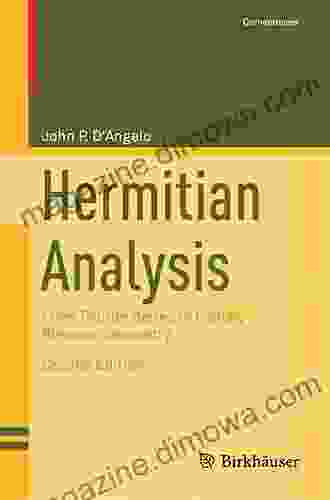
 Aaron Brooks
Aaron BrooksFrom Fourier to Cauchy-Riemann: Geometry Cornerstones
From Fourier to Cauchy-Riemann: Geometry...
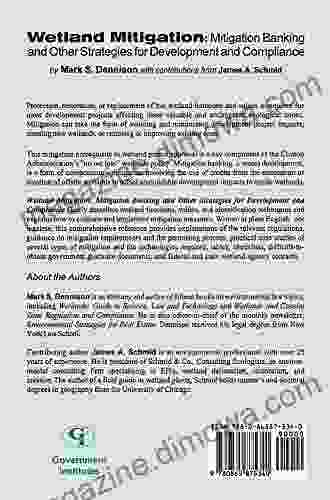
 Orson Scott Card
Orson Scott CardUnveiling the Art of Mitigation Banking: A Comprehensive...
In the intricate dance between...

 Victor Hugo
Victor HugoUnleash Your Creativity: A Journey Through the Enchanting...
Prepare to be captivated as we...
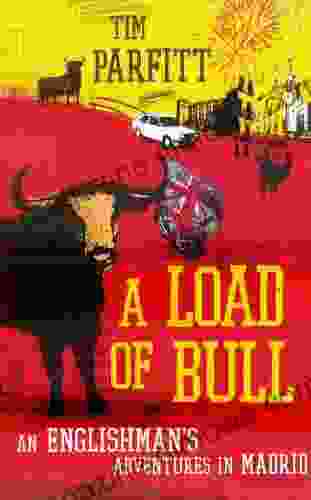
 Duncan Cox
Duncan CoxLoad of Bull: An Englishman's Adventures in Madrid
By Simon Bunce ...
4.6 out of 5
| Language | : | English |
| File size | : | 6275 KB |
| Text-to-Speech | : | Enabled |
| Enhanced typesetting | : | Enabled |
| Print length | : | 338 pages |
| Screen Reader | : | Supported |







